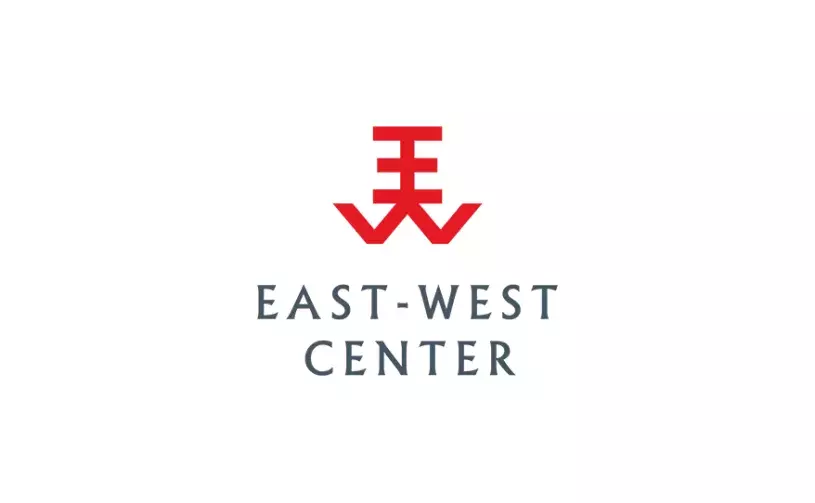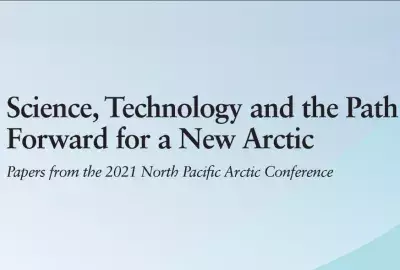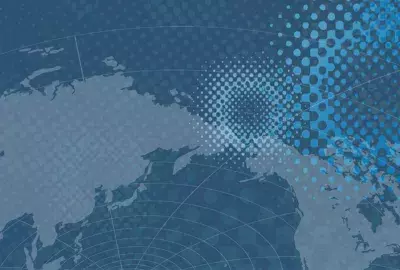Error message

The Arctic in World Affairs: A North Pacific Dialogue on Arctic Marine Issues addresses five major themes relating to the maritime Arctic: potential Arctic shipping, Arctic marine environmental protection, Arctic marine living resources, potential Arctic oil and gas development, and informal Arctic governance mechanisms. Bringing together prominent Arctic experts from the three North Pacific Arctic coastal states (Canada, Russia, and the US) and three leading North Pacific non-Arctic states (China, Japan, and Korea), the book goes beyond generalities: it addresses the details of major concerns in an effort to identify practical solutions to Arctic marine issues and move them from paper to practice. On commercial shipping, the book explores key issues relating to uses of the Northern Sea Route, including the Russian regulatory framework, the permitting process, technical requirements for ships, and icebreaker support, providing in the process a good grasp of the technical, organizational, economic, and environmental aspects of navigation in the Arctic. On Arctic marine environmental protection, the book reviews the tangled web of IMO conventions and guidelines relevant to Arctic shipping and explores the challenges confronting the governance of Arctic shipping. On Arctic marine living resources, the book addresses the management of existing fisheries in the marginal seas and the prospects for future Arctic fisheries. It asks whether it would be timely to create a Regional Fisheries Management Organization for the Arctic Ocean proper to prepare for the prospect of commercial fishing in the future. On Arctic oil and gas development, the book explores the outlook for the development of Arctic energy resources in Noray and Russia and the key factors determining development pathways, including the resource base, the interests and strategies of the owners of the resources, the cost of developing and delivering the resources to markets, and the merits of Arctic supplies compared with supplies from other regions. On informal Arctic governance mechanisms, the book discusses the policies articulated by the five Arctic coastal states and more recently the Arctic Council with regard to Arctic Ocean issues and the reasons why the interests of non-Arctic states will require consideration in this context. The emphasis is on exploring options for informal consultation among North Pacific Rim states and mechanisms for constructive interactions with the Arctic Council and other international bodies addressing Arctic issues. The book contributes by filling gaps in knowledge regarding the maritime Arctic, identifying remaining uncertainties, and developing policy innovations that can promote peaceful and sustainable uses of Arctic resources in the future. |
|
The Arctic in World Affairs: A North Pacific Dialogue on Arctic Marine Issues addresses five major themes relating to the maritime Arctic: potential Arctic shipping, Arctic marine environmental protection, Arctic marine living resources, potential Arctic oil and gas development, and informal Arctic governance mechanisms. Bringing together prominent Arctic experts from the three North Pacific Arctic coastal states (Canada, Russia, and the US) and three leading North Pacific non-Arctic states (China, Japan, and Korea), the book goes beyond generalities: it addresses the details of major concerns in an effort to identify practical solutions to Arctic marine issues and move them from paper to practice. On commercial shipping, the book explores key issues relating to uses of the Northern Sea Route, including the Russian regulatory framework, the permitting process, technical requirements for ships, and icebreaker support, providing in the process a good grasp of the technical, organizational, economic, and environmental aspects of navigation in the Arctic. On Arctic marine environmental protection, the book reviews the tangled web of IMO conventions and guidelines relevant to Arctic shipping and explores the challenges confronting the governance of Arctic shipping. On Arctic marine living resources, the book addresses the management of existing fisheries in the marginal seas and the prospects for future Arctic fisheries. It asks whether it would be timely to create a Regional Fisheries Management Organization for the Arctic Ocean proper to prepare for the prospect of commercial fishing in the future. On Arctic oil and gas development, the book explores the outlook for the development of Arctic energy resources in Noray and Russia and the key factors determining development pathways, including the resource base, the interests and strategies of the owners of the resources, the cost of developing and delivering the resources to markets, and the merits of Arctic supplies compared with supplies from other regions. On informal Arctic governance mechanisms, the book discusses the policies articulated by the five Arctic coastal states and more recently the Arctic Council with regard to Arctic Ocean issues and the reasons why the interests of non-Arctic states will require consideration in this context. The emphasis is on exploring options for informal consultation among North Pacific Rim states and mechanisms for constructive interactions with the Arctic Council and other international bodies addressing Arctic issues. The book contributes by filling gaps in knowledge regarding the maritime Arctic, identifying remaining uncertainties, and developing policy innovations that can promote peaceful and sustainable uses of Arctic resources in the future. |
|







